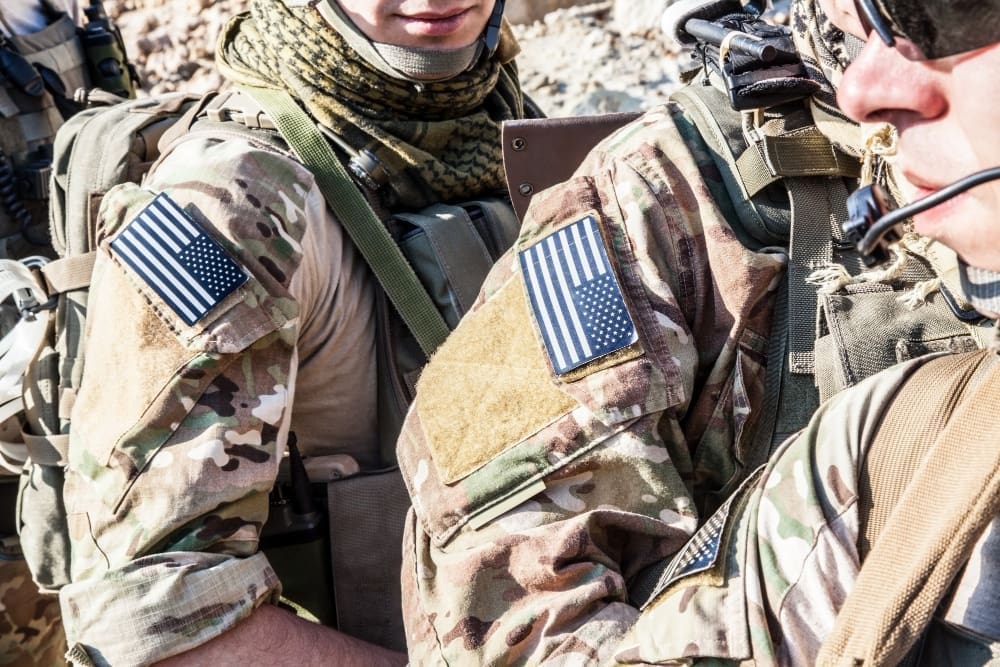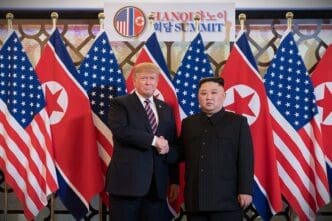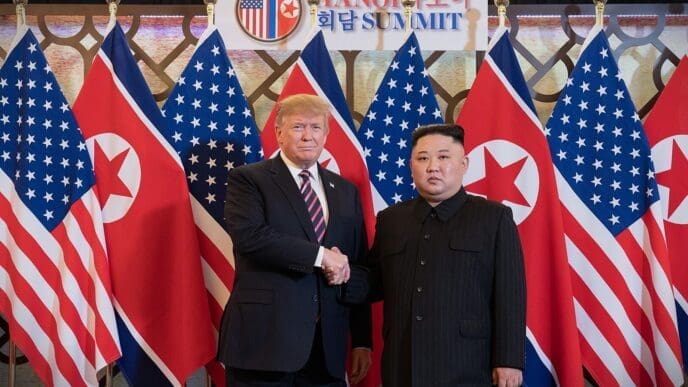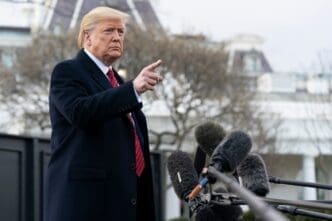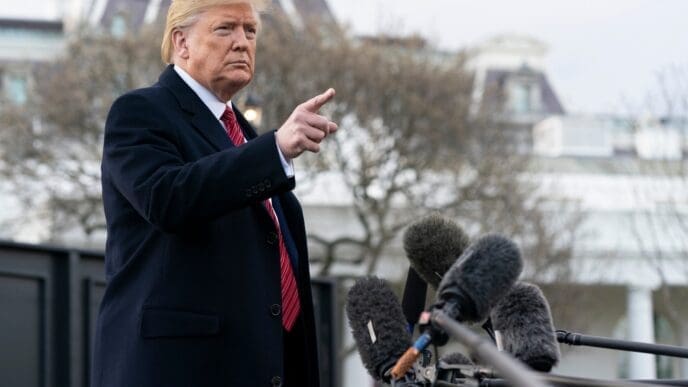Executive Summary
The Story So Far
Why This Matters
Who Thinks What?
President Donald Trump is moving to expand the deployment of National Guard troops and federal law enforcement agencies into U.S. cities, replicating efforts seen in Los Angeles and Washington, D.C., as part of an anti-crime agenda. This initiative, which includes a newly signed executive order, is encountering strong resistance from local and state leaders who view such actions as unconstitutional and a threat to democracy, promising legal challenges.
Trump’s administration has been planning for weeks to deploy the National Guard to cities like Chicago, according to CNN. On Monday, President Trump signed an executive order aimed at establishing “specialized units” within the National Guard to address urban crime, though the practical implementation of this order remains unclear. The National Guard already possesses reaction forces designed for rapid response to incidents requiring law enforcement or security support.
Speaking to reporters, Trump indicated he “may or may not” wait for governors to request National Guard troops before ordering deployments, stating, “We may just go in and do it, which is probably what we should do.” This stance suggests a potential for unilateral federal action without state consent, a move that is highly contested.
Legal Frameworks for Deployment
Section 12406 and the Los Angeles Precedent
In June, Trump invoked Section 12406 of the U.S. Code to deploy the National Guard to Los Angeles, arguing it was necessary to enforce federal immigration laws amid protests. This section permits the president to deploy the Guard to repel invasion, suppress rebellion, or execute laws. The legality of this deployment is currently being challenged in a California court, a case that could significantly impact future federal actions.
David Janovsky, acting director of The Constitution Project at the Project on Government Oversight, noted that while “there’s very little to stop a president from doing this at the outset,” the powers “unlock when specific circumstances exist.” However, legal expert Goitein told CNN that Section 12406’s application to violent street crime, which is predominantly a matter of state and local law, is questionable, distinguishing it from federal immigration enforcement.
The Insurrection Act
Another potential avenue for Trump’s anti-crime agenda is the Insurrection Act, a rarely used law allowing the president to deploy military forces to quell an insurrection or rebellion on U.S. soil. While its main provision typically requires a request from a state governor or legislature, another provision allows for unilateral deployment under limited circumstances involving the defense of constitutional rights.
The Trump administration reportedly discussed invoking the Insurrection Act in Los Angeles but ultimately did not. During his first term, Trump threatened to use the Act in 2020 during protests following the killing of George Floyd, though he never proceeded. Goitein emphasized that even the Insurrection Act has limits, primarily applying when states fail to protect the constitutional rights of a class of people, rather than for general street crime enforcement.
Widespread Opposition and Legal Challenges
Governors and Mayors Push Back
President Trump’s plans have met immediate and strong opposition from Democratic leaders. Chicago Mayor Brandon Johnson denounced Trump’s threats, calling them “not just unconstitutional, but it is very much a threat to our democracy.” Illinois Democratic Governor JB Pritzker explicitly told President Trump, “Do not come to Chicago. You are neither wanted here nor needed here,” vowing to “see the Trump administration in court” if troops are deployed against his will.
The pushback stems from the fact that, outside of Washington, D.C., a state’s governor commands its National Guard troops. Janovsky warned that deploying troops to cities creates “an inherently escalatory situation that puts … the folks who live in these cities and service members who are sent in in a dangerous and volatile situation.”
Constitutional Concerns
The legal challenge in California regarding the Los Angeles deployment highlights potential constitutional limits to President Trump’s efforts. Lawyers for California Governor Gavin Newsom argue that the deployment violated the Posse Comitatus Act, which largely restricts the use of the military as a domestic police force, and the 10th Amendment, which reserves powers not delegated to the federal government to the states.
Newsom’s lawyers contend that Trump’s actions infringed upon the governor’s authority as commander in chief of the California National Guard and the state’s sovereign right to control its Guard. Conversely, Trump’s legal team maintains that the National Guard and Marines did not engage in civil law enforcement, thus not violating the Posse Comitatus Act.
President Trump’s ambitious plan to expand federal military involvement in domestic law enforcement faces significant legal and political obstacles. While the administration points to what it describes as high crime rates, national violent crime has generally fallen in 2024. The ongoing legal battles and strong opposition from state and local officials signal a contentious path forward for an unprecedented expansion of federal power in this domain.


